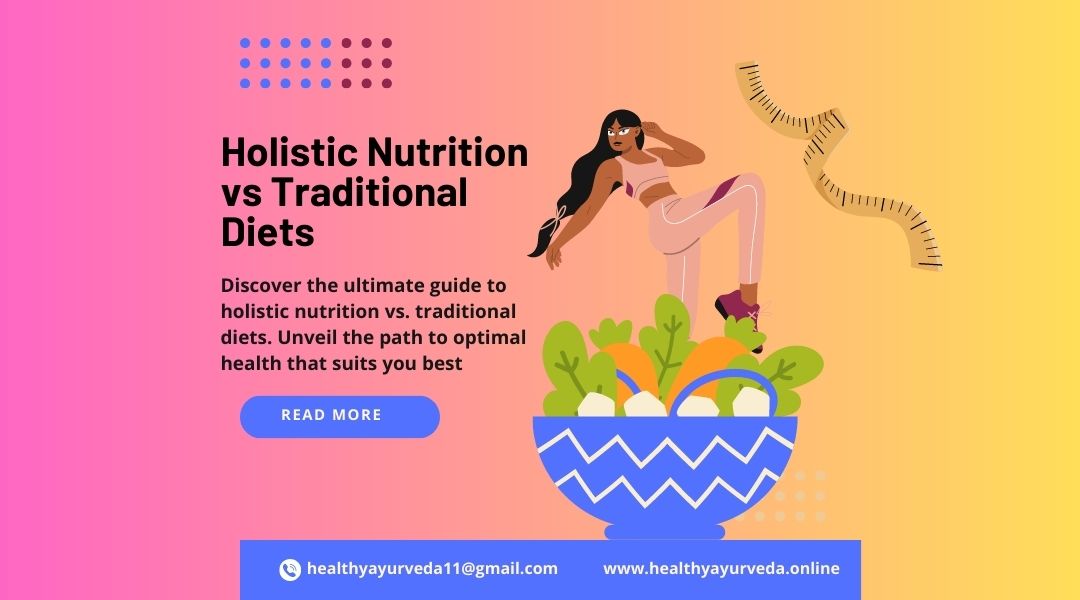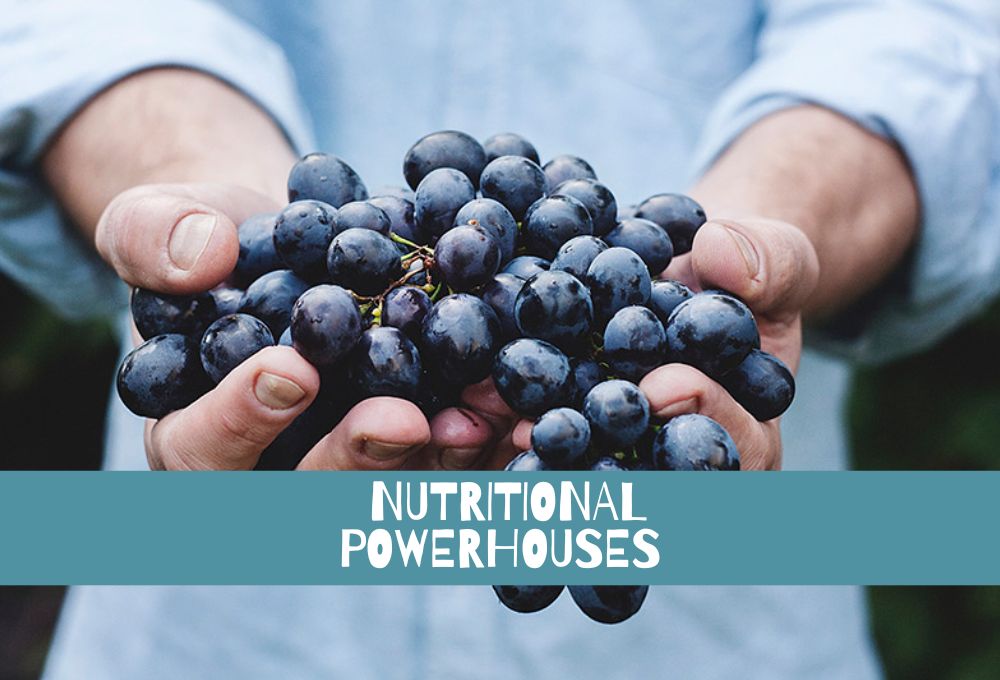
The Holistic Nutrition vs Traditional Diets Debate Unveiled – Which Path to Health Should You Choose?
In a world where health and well-being are paramount, the debate between holistic nutrition and traditional diets has gained significant traction. Each approach claims to be the key to a healthier life, but what are the fundamental differences, and which path should you choose? In this comprehensive guide, we will delve deep into the holistic nutrition vs. traditional diets debate to help you make an informed decision that suits your unique needs.
What Is Holistic Nutrition?
Holistic nutrition is a holistic approach to nourishing your body, focusing not only on what you eat but also on your overall lifestyle. It emphasizes the interconnectedness of mind, body, and spirit, aiming to achieve balance and harmony in all aspects of life. Here are some key principles of holistic nutrition:
1. Whole, Unprocessed Foods
Holistic nutrition promotes the consumption of whole, unprocessed foods. This means steering clear of heavily processed, chemical-laden products and opting for fresh, organic, and locally sourced ingredients whenever possible.
2. Individualized Nutrition Plans
One of the strengths of holistic nutrition is its personalized approach. Practitioners assess an individual’s unique needs, considering factors such as age, gender, activity level, and health goals, to create tailored nutrition plans.
3. Mindful Eating
Holistic nutrition places great importance on mindful eating. This involves being present during meals, savouring each bite, and paying attention to hunger and fullness cues. It discourages mindless or emotional eating.
4. Balance and Moderation
Achieving balance in all aspects of life, including diet, is a core principle of holistic nutrition. It encourages moderation and the avoidance of extremes, such as crash diets or excessive indulgence.
5. Nutrient Density
Holistic nutrition prioritizes nutrient-dense foods that provide a wide range of vitamins, minerals, and antioxidants. These foods support overall health and vitality.
Traditional Diets: The Basics
Traditional diets, on the other hand, are more structured and often based on cultural or regional food practices that have been passed down through generations. These diets vary widely but share some common characteristics:
1. Cultural Significance
Traditional diets are deeply rooted in culture and heritage. They often reflect the foods and culinary traditions of a specific region or community.
2. Whole Foods
Like holistic nutrition, traditional diets emphasize the consumption of whole, minimally processed foods. These diets rely on ingredients that are readily available in a specific geographical area.
3. Balance and Sustainability
Traditional diets are inherently balanced and sustainable because they have evolved to meet the nutritional needs of communities. They often incorporate a variety of food groups.
4. Seasonal Eating
Many traditional diets are based on seasonal eating patterns. This means that the foods consumed change with the seasons, providing a natural variety of nutrients throughout the year.
5. Health Benefits
Traditional diets are often associated with health benefits specific to the region or culture they originate from. For example, the Mediterranean diet is linked to heart health, while the Japanese diet is associated with longevity.
The Holistic Nutrition Perspective
Proponents of holistic nutrition argue that their approach offers a more comprehensive and sustainable path to health. They point to the following advantages:
1. Addressing the Root Causes
Holistic nutrition seeks to address the root causes of health issues, considering not only the physical but also the emotional and mental aspects of well-being. This approach aims to prevent illness rather than simply treating symptoms.
2. Personalization
Holistic nutrition takes into account an individual’s unique needs, making it suitable for people with specific dietary requirements or health challenges.
3. Sustainable Lifestyle
Advocates of holistic nutrition argue that it promotes a sustainable lifestyle that can be maintained in the long term, as it aligns with the body’s natural rhythms and needs.
4. Emotional Well-Being
The emphasis on mindful eating and emotional well-being in holistic nutrition can lead to a healthier relationship with food and a reduced risk of eating disorders.
The Traditional Diet Perspective
Traditional diet enthusiasts believe that these diets have stood the test of time for a reason. Here are some arguments in favour of traditional diets:
1. Cultural Relevance
Traditional diets are deeply connected to cultural identity and heritage, which can foster a sense of belonging and community.
2. Proven Results
Many traditional diets have been associated with health benefits for generations, providing evidence of their effectiveness.
3. Simplicity
Traditional diets are often simpler and easier to follow than complex holistic nutrition plans, making them accessible to a wide range of people.
4. Seasonal Eating
Seasonal eating, a common practice in traditional diets, aligns with the natural rhythms of the earth and can support overall health.
Making Your Choice
The choice between holistic nutrition and a traditional diet ultimately depends on your personal preferences, lifestyle, and health goals. Here are some factors to consider:
1. Your Health Needs
If you have specific health concerns or dietary restrictions, consulting with a holistic nutritionist may provide a tailored solution. Traditional diets, on the other hand, may align with your cultural background and preferences.
2. Sustainability
Consider which approach is more sustainable for you in the long term. Will you be able to maintain the principles of holistic nutrition, or do you find comfort in the traditions of your culture’s diet?
3. Mindset and Beliefs
Think about your mindset and beliefs regarding food. Are you more inclined toward a holistic, mindful approach, or do you prefer the simplicity and cultural significance of a traditional diet?
In Conclusion
The holistic nutrition vs. traditional diets debate is not about one being superior to the other. Both approaches have their merits and can lead to improved health and well-being when followed mindfully. Ultimately, the best path for you is the one that resonates with your values, meets your nutritional needs and enhances your overall quality of life. Whether you choose holistic nutrition or a traditional diet, the key is to make informed choices and prioritize your health and happiness above all else.



